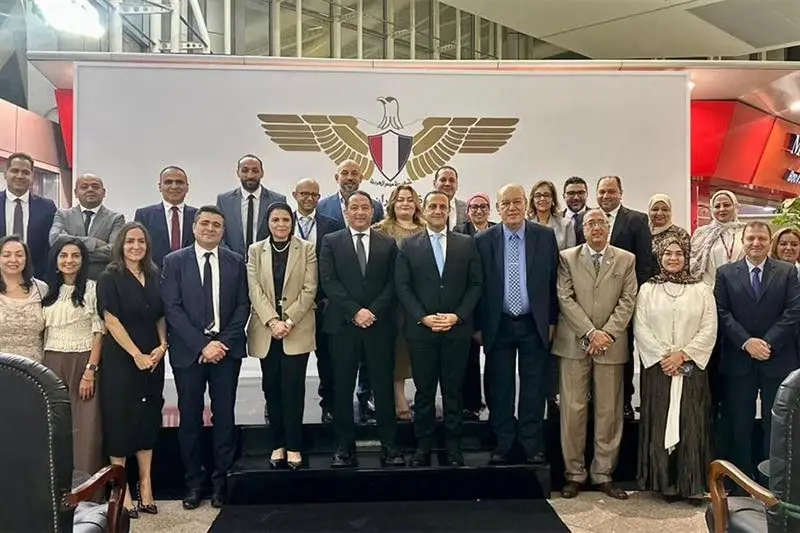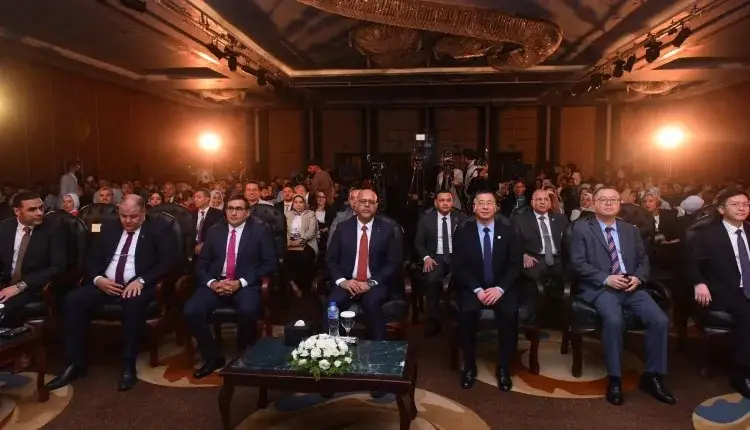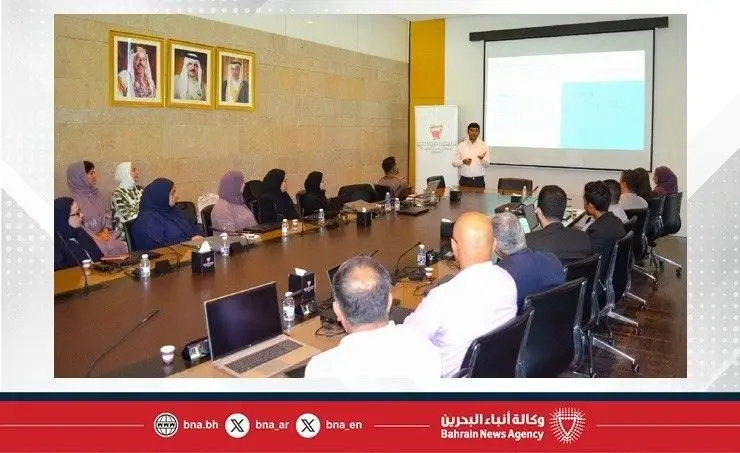Mobile-phone technology is becoming a pivotal force in enhancing the safety and digital empowerment of Bangladeshis, according to Telenor Asia’s latest “Digital Lives Decoded” report. Released on Wednesday at a city hotel, the report surveyed 1,000 mobile internet users in Bangladesh and explored how mobile phones and artificial intelligence (AI) are driving positive changes in education, financial services, and personal safety.
The findings reveal that nine in ten mobile internet users in Bangladesh now use AI tools on their phones—surpassing usage rates in countries like Malaysia, Singapore, and Thailand. Over 60% of respondents highlighted online learning as a significant benefit of mobile phone usage, with more than half regularly accessing educational platforms such as online courses and apps.
Mobile phones are also seen as vital to enhancing personal security, with more than half of respondents saying they feel safer with a mobile device. Features like emergency calling, location sharing, and secure mobile payments contribute to this sense of security. This sense of safety is notably higher than in other Southeast Asian countries surveyed.
However, the report also sheds light on the growing concerns surrounding digital risks. Seven in ten respondents expressed concerns over online account security, with identity theft and deepfakes identified as major fears, particularly among Gen Z users. The report also highlighted growing worries about network attacks, with 30% of Bangladeshis citing this as a significant issue, compared to just 20% in Singapore and Thailand.
Despite these concerns, the report found that Bangladeshi users are less likely to adopt basic online safety practices, such as clearing browsing history, rejecting website cookies, or using ad blockers. This indicates a gap in digital literacy and underscores the need for improved education around safe digital practices.
The adoption of AI in the workplace is also gaining traction, with 60% of users embracing AI’s potential to enhance efficiency. However, a gender gap persists, as nearly half of male users employ AI at work, compared to just 37% of female users. Concerns over job security have also emerged, with over a third of respondents fearing AI could replace their jobs.
Frequent AI users voiced additional concerns about data privacy and the transparency of how their personal information is handled. Manisha Dogra, Senior Vice President and Head of External Relations & Sustainability at Telenor Asia, emphasized the immense potential of this digital shift: “Telenor Asia is committed to supporting Bangladesh’s digital journey and ensuring that mobile technology remains a force for inclusive progress.”
The report also includes insights from Bangladesh’s telecom regulators and operators. Md Abu Bakar Siddique, Vice Chairman of the Bangladesh Telecommunication Regulatory Commission, highlighted that “mobile connectivity is a cornerstone of a digitally enabled Bangladesh and economic growth.” Tanveer Mohammad, Chief Corporate Affairs Officer at Grameenphone, emphasized initiatives like Grameenphone Academy and Future Nation, which aim to promote digital skills and responsible technology use.
This third-year study by Telenor Asia, conducted in collaboration with GWI, includes comparative data from other Southeast Asian nations. While the report is optimistic about the role of mobile and AI technologies in transforming lives in Bangladesh, it calls for stronger efforts to boost digital literacy and safeguard online practices to ensure sustainable benefits in the long term.















